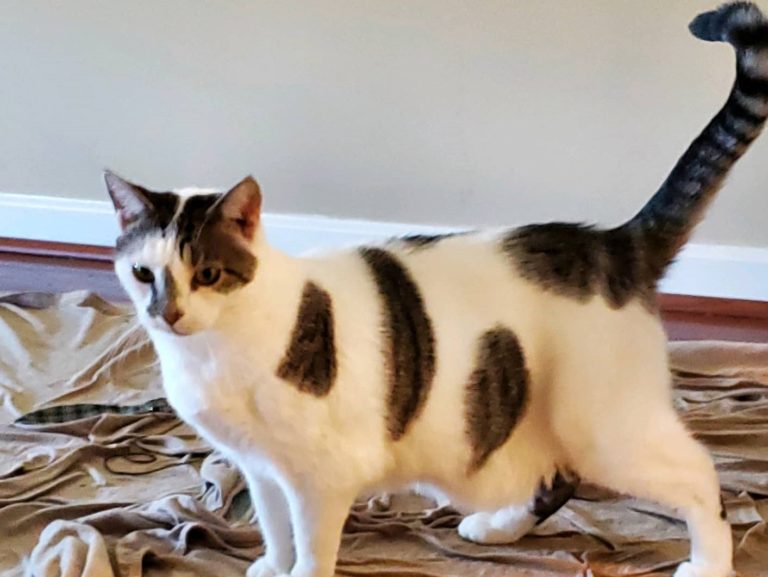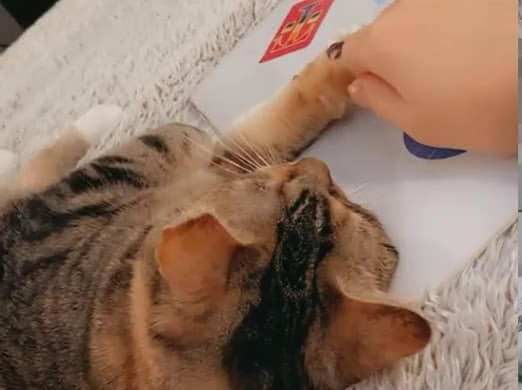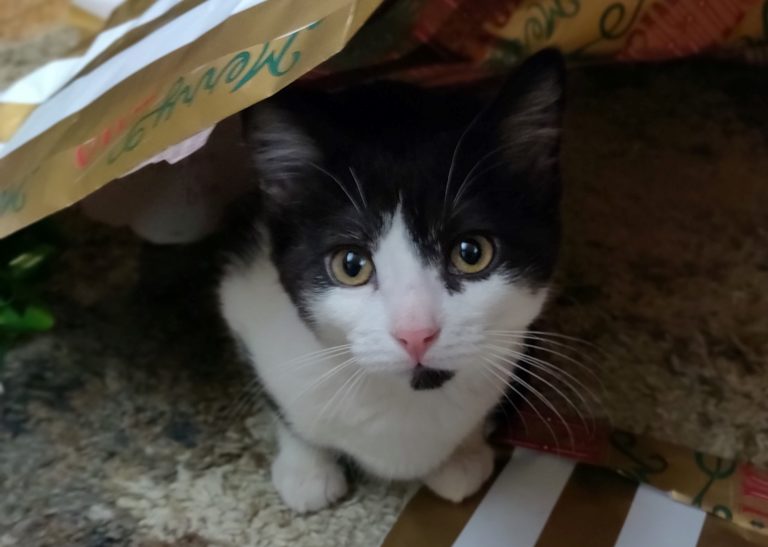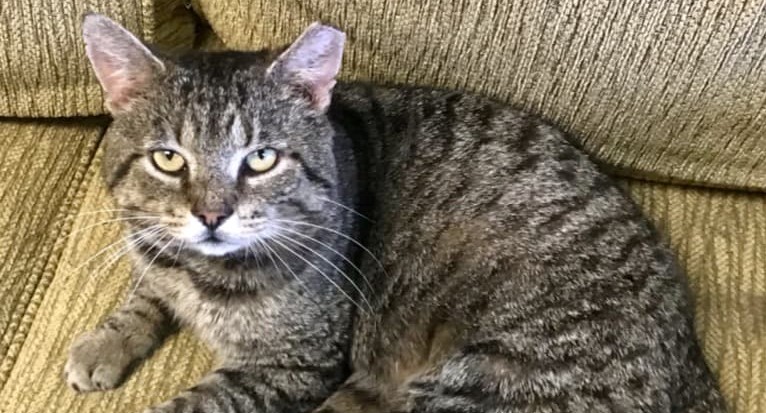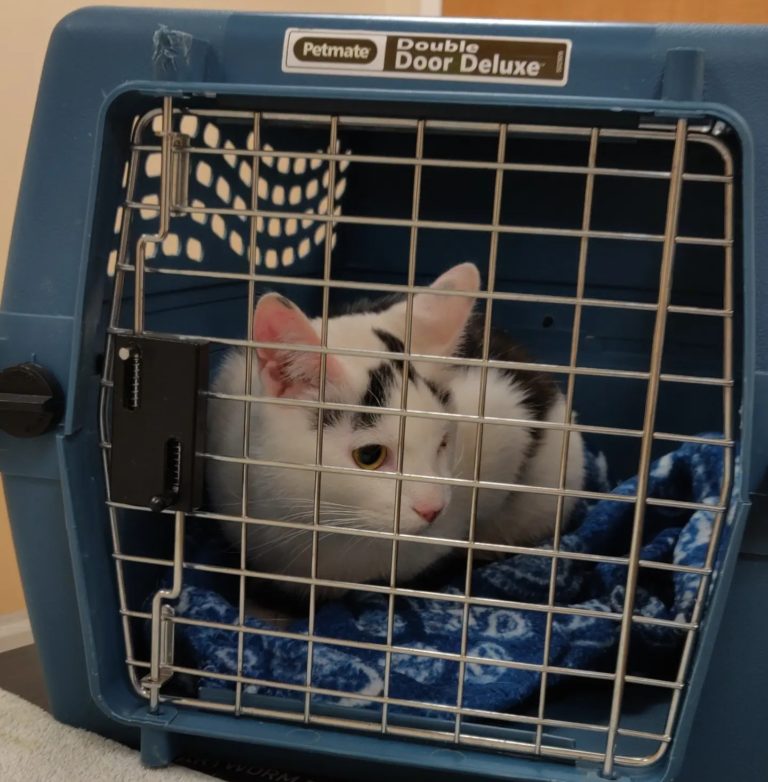Twenty years ago, before we all knew better, you could pick up a free kitten and take it home when it was only six weeks old from just about anywhere. Sadly, you can still often find “free kittens” on Craigslist and social media posts. We know how adorable kittens are when they are itty-bitty things at six or eight weeks of age. (That’s why many of our volunteers also foster kittens.)

However, they are three months old in the blink of an eye. And next thing you know, they are fully-grown adult kitties. And, anyone with any experience in rescue or fostering knows *there’s no such thing as a “free kitten”.
We’ve had several applicants this year who selected a kitten to adopt only to bail out a week later because they found a kitten they could take home right away or that they could adopt a little sooner from another organization than they can from Cat Tales.
The Timeline for When Can You Take Your Kitten Home
There’s a rough, but a relatively reliable, timeline for when your kitten will be ready to go home from our organization. There’s certain timing between vaccines that drives much of the timeline, but there are also variables that can come up that might impact the timeline.
The Ultimate Determining Factor is Spay/Neuter
At Cat Tales, your kitten gets to go home after it has been spayed or neutered. While we carefully designed our adoption process to be as thorough as possible to find the best possible adopters, there’s one thing we will always keep within our control, which is ensuring that each kitten is spayed or neutered. We’d like to believe that each of the adopters we approve is the kind of person who understands the importance of spay and neutering and proper healthcare for their kitties. But, the lack of spay and neuter is why there’s such a horrible cat overpopulation issue. That’s why we just don’t take the chance with that.
Ten or twenty years ago, the common practice was to wait until a cat was six months of age before getting it spayed or neutered. Some people still think that’s the common practice. The problem with that is that some kitties go into heat as young as four months old.
While some vets and rescues spay and neuter at two pounds, our vet prefers to wait until the kittens are three pounds, which is usually when they are around three months old. The reason is because of the risks of undergoing anesthesia more than the actual surgery. The added benefit is that this coincides with the timing when our kittens are getting their third round of vaccines.
Here’s an overview of our timeline:
First Vaccines: Kittens typically get their first FVRCP vaccine when they are about a pound and a half in weight, which is usually around the age of seven weeks. This is all dependant upon the kitten being healthy and gaining the appropriate weight. If a kitten gets an upper respiratory infection—which is common in young kittens coming into a rescue—that could push their vaccines back a week or two until they finish their course of antibiotic medication. We understand that adopters want a clear timeline and want to know that date when they can plan to bring their baby home. We get it, really. But, we don’t want to commit to a specific date, knowing that these kinds of things can come up.

Second Vaccines: The second step is the second FVRCP. This is normally scheduled for three weeks after the first vaccine.
Third Vaccinations + Spay/Neuter: Then, three weeks after that is when they get the final FVRCP and Rabies vaccine along with their spay and neuter.
Along the way, our fosters and vet provide a thorough course of deworming. We know it’s hard to think about the creepy crawlies, but if you spend any time fostering, you will quickly learn that EVERY kitten has some kind of parasite. Knowing that, we treat all of our kittens thoroughly with the deworming basics before they even get a fecal exam.
If you added up the costs just for these vaccines, spay/neuter, and deworming, it is going to total to a cost much higher than our adoption fee. This is why we say *there’s no such thing as a “free kitten”.
What’re a Few Weeks Compared to 15-20 Years Anyway?
The reality is that a cat can live a long healthy life of 15 to 20 years. Will those couple of extra weeks you had to wait to bring your new family member home make that much of a difference compared to knowing you are getting a healthy, fully-vetted kitten?

